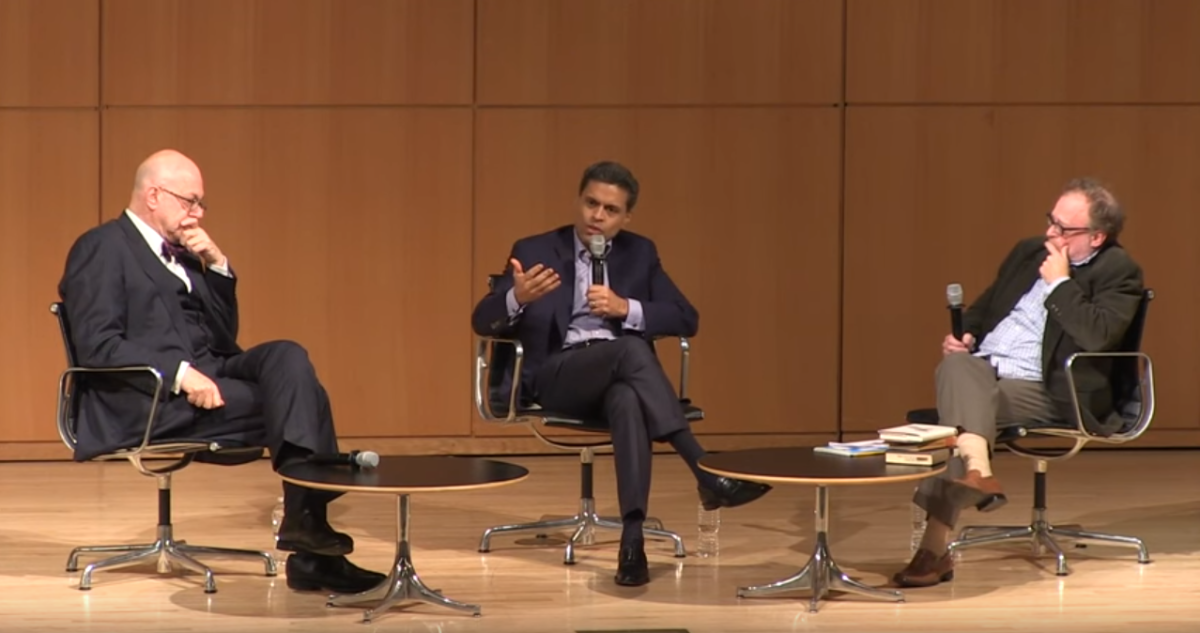New 3QD-column:
Have you ever been in this situation where you had to get a group of 3 men and their sisters across a river, but the boat only held two and you had to take precautions to ensure the women got across without being assaulted?
This problem is one of 53 puzzles in the oldest extant puzzle book in the Western (Latin) tradition: the Propositiones ad acuendos iuventes or problems to sharpen the young. Its authorship is uncertain but it is often and plausibly attributed to Alcuin, who possibly sent them to the Frankish ruler Charlemagne in 800 AD. I hope you will allow me a brief introduction of these puzzles, before I go on to do what I hope will by then be redundant, namely spelling out why I think you should be thrilled by their existence.
More here.

